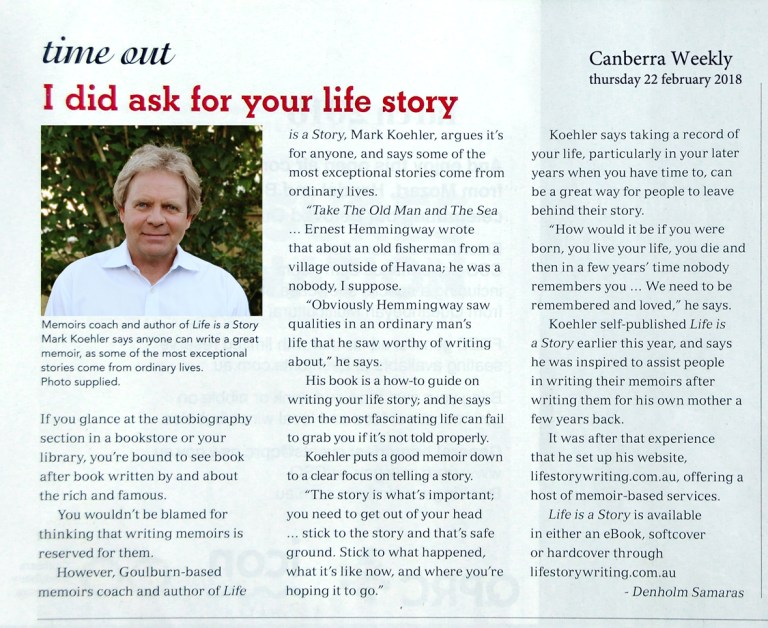 As a tennis player, my view of the world has been pretty narrow at times. It’s like seeing the world within four fences around a tennis court. In his acclaimed memoir André Agassi reflects on tennis as a ‘lifetime in miniature’. And he has a point. Seeing life through a tennis filter. Perhaps it’s to be anticipated after hundreds of thousands of hours on court.
As a tennis player, my view of the world has been pretty narrow at times. It’s like seeing the world within four fences around a tennis court. In his acclaimed memoir André Agassi reflects on tennis as a ‘lifetime in miniature’. And he has a point. Seeing life through a tennis filter. Perhaps it’s to be anticipated after hundreds of thousands of hours on court.
His autobiography, Open discusses this microcosm of life, and it’s a heck of a read:
It’s no accident, I think, that tennis uses the language of life. Advantage, service, fault, break, love, the basic elements of tennis are those of everyday existence, because every match is a lifetime in miniature. Even the structure of tennis, the way the pieces fit inside one another like Russian dolls, mimics the structure of our days. Points become games become sets become tournaments, and it’s all so tightly connected that any point can become the turning point. It reminds me of the way seconds become minutes become hours, and any hour can be our finest. Or darkest. It’s our choice.
As a ‘tennis obsessive’, I wonder: Maybe there is more to life than tennis? So next long weekend I might give tennis a miss. Cast the competitive instinct aside for a few days and chill out. Go camping, catch a fish, relax. Sit by a campfire and meditate on the state of the world, without tennis. Nothing combative. A world of nature where the universe is in harmony. Ahhhhhh. Now that’s the life! Peace and goodwill to all. Read more →
 There is the story of an American family who commissioned a memoir ghostwriter to write their dad’s autobiography, but they insisted he soft-pedal the case of their dad’s brother, Fred. The late Uncle Fred’s life of crime ended with his death in the electric chair, a source of deep family shame.
There is the story of an American family who commissioned a memoir ghostwriter to write their dad’s autobiography, but they insisted he soft-pedal the case of their dad’s brother, Fred. The late Uncle Fred’s life of crime ended with his death in the electric chair, a source of deep family shame.












 As a tennis player, my view of the world has been pretty narrow at times. It’s like seeing the world within four fences around a tennis court. In his acclaimed memoir André Agassi reflects on tennis as a ‘lifetime in miniature’. And he has a point. Seeing life through a tennis filter. Perhaps it’s to be anticipated after hundreds of thousands of hours on court.
As a tennis player, my view of the world has been pretty narrow at times. It’s like seeing the world within four fences around a tennis court. In his acclaimed memoir André Agassi reflects on tennis as a ‘lifetime in miniature’. And he has a point. Seeing life through a tennis filter. Perhaps it’s to be anticipated after hundreds of thousands of hours on court.

 There are many different approaches to the task of editing but these are the main ones.
There are many different approaches to the task of editing but these are the main ones.